Stories
Our houses, museums and collections are packed to the brim with stories of all kinds

Cultivating a therapeutic landscape
Tracing the evolution of the Parramatta Female Factory to a hospital
![Pencil drawing of Bathurst 1818, Plans of Government Buildings at Bathurst, Main series of letters received [Colonial Secretary], 1788–1826.](https://cdn.sanity.io/images/zl9du87e/production/ec5b53147e75bdc6536c142340cae04b71adc992-3203x1998.jpg?fit=max&auto=format)
Convict farmer Antonio Roderigo and a ‘dastardly massacre’
A dispute over potatoes farmed by convict-settler Antonio Roderigo was one of many hostile events between colonists and Wiradyuri people that led to the Bathurst War of 1824
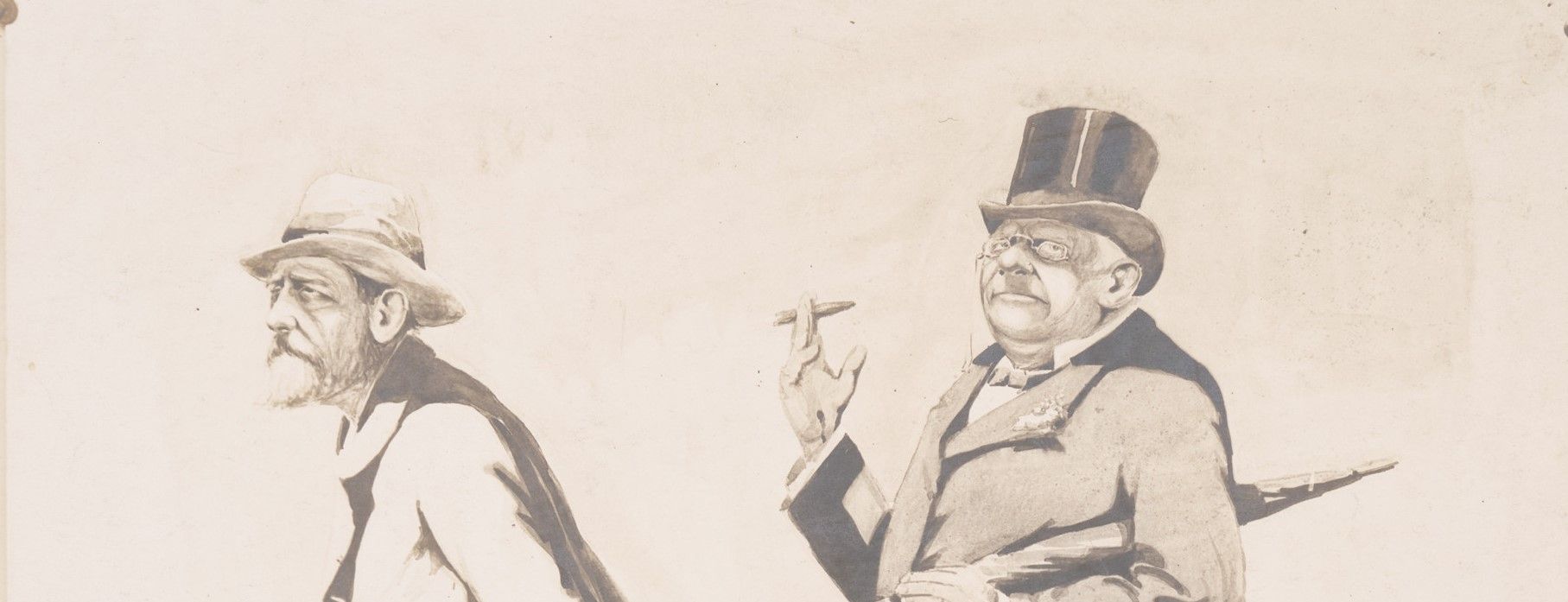
The Wasmuth Portfolio
Frank Lloyd Wright’s Wasmuth Portfolio, is regarded as one of the most influential architectural treatises of the 20th century

Elizabeth Farm museum at 40
This year Elizabeth Farm celebrates 40 years open to the public as a house museum!

Convict Sydney
Harbourside Gothic: The convict origins of Vaucluse House
Its architectural style is not all that is gothic about Vaucluse House. Discover the dark history of the house’s first owner, Henry Browne Hayes

Excavating Australia’s first Government House
Did you know that when you walk into the Museum of Sydney, you’re walking over the remains of one of the most significant buildings in Australia’s history?
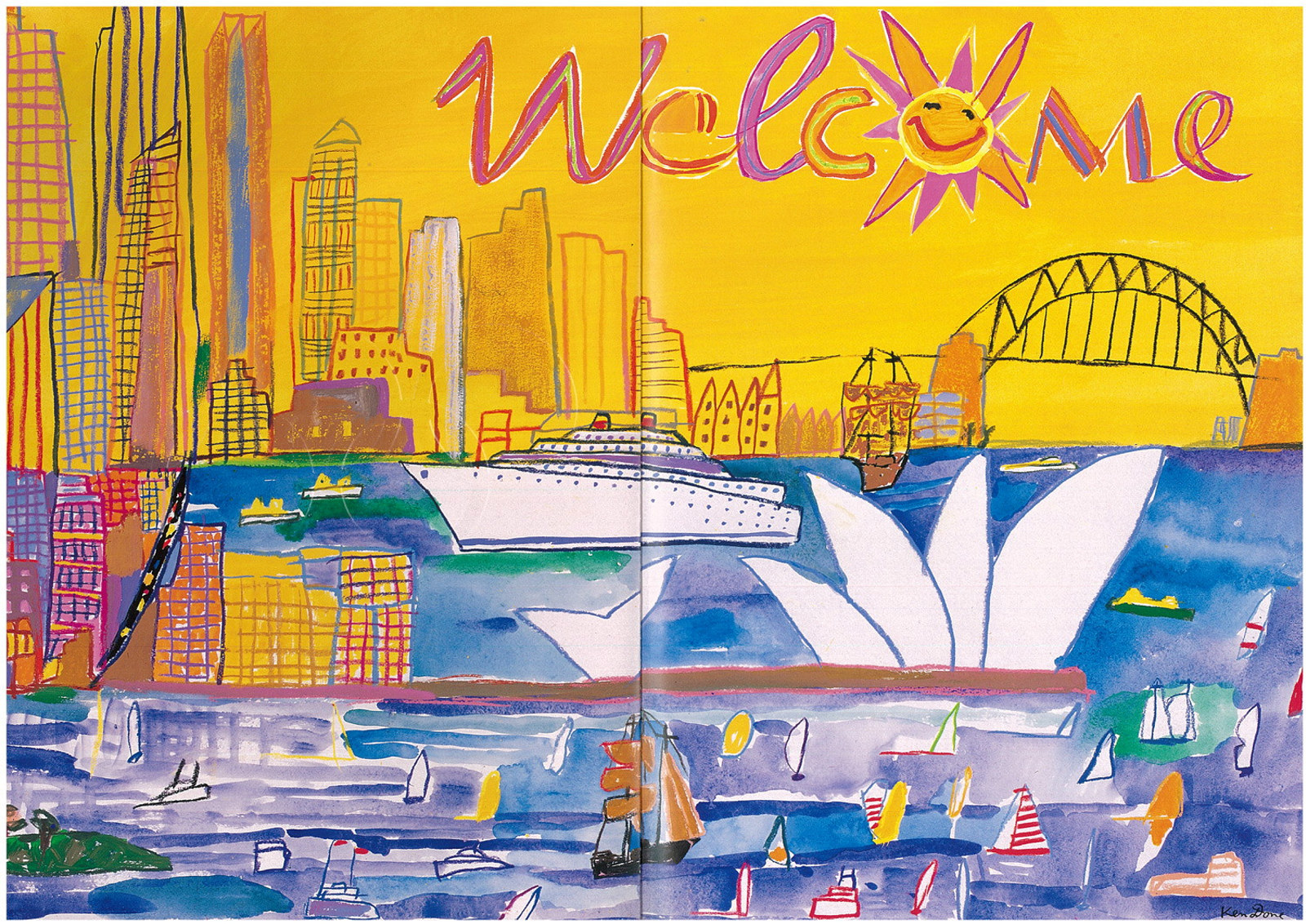
A look back at the Sydney 2000 Olympics
Do you remember when Olympic Fever hit Sydney in 2000? The Olympic Games and Paralympic Games in Sydney welcomed and hosted over 11,000 athletes from 199 countries. Together with 50,000 volunteers and millions of spectators Sydney captured the attention of the world - a city of sport, festivals, arts, community, friendship and fun
First Nations stories
Browse all![Pencil drawing of Bathurst 1818, Plans of Government Buildings at Bathurst, Main series of letters received [Colonial Secretary], 1788–1826.](https://cdn.sanity.io/images/zl9du87e/production/ec5b53147e75bdc6536c142340cae04b71adc992-3203x1998.jpg?fit=max&auto=format)
Convict farmer Antonio Roderigo and a ‘dastardly massacre’
A dispute over potatoes farmed by convict-settler Antonio Roderigo was one of many hostile events between colonists and Wiradyuri people that led to the Bathurst War of 1824
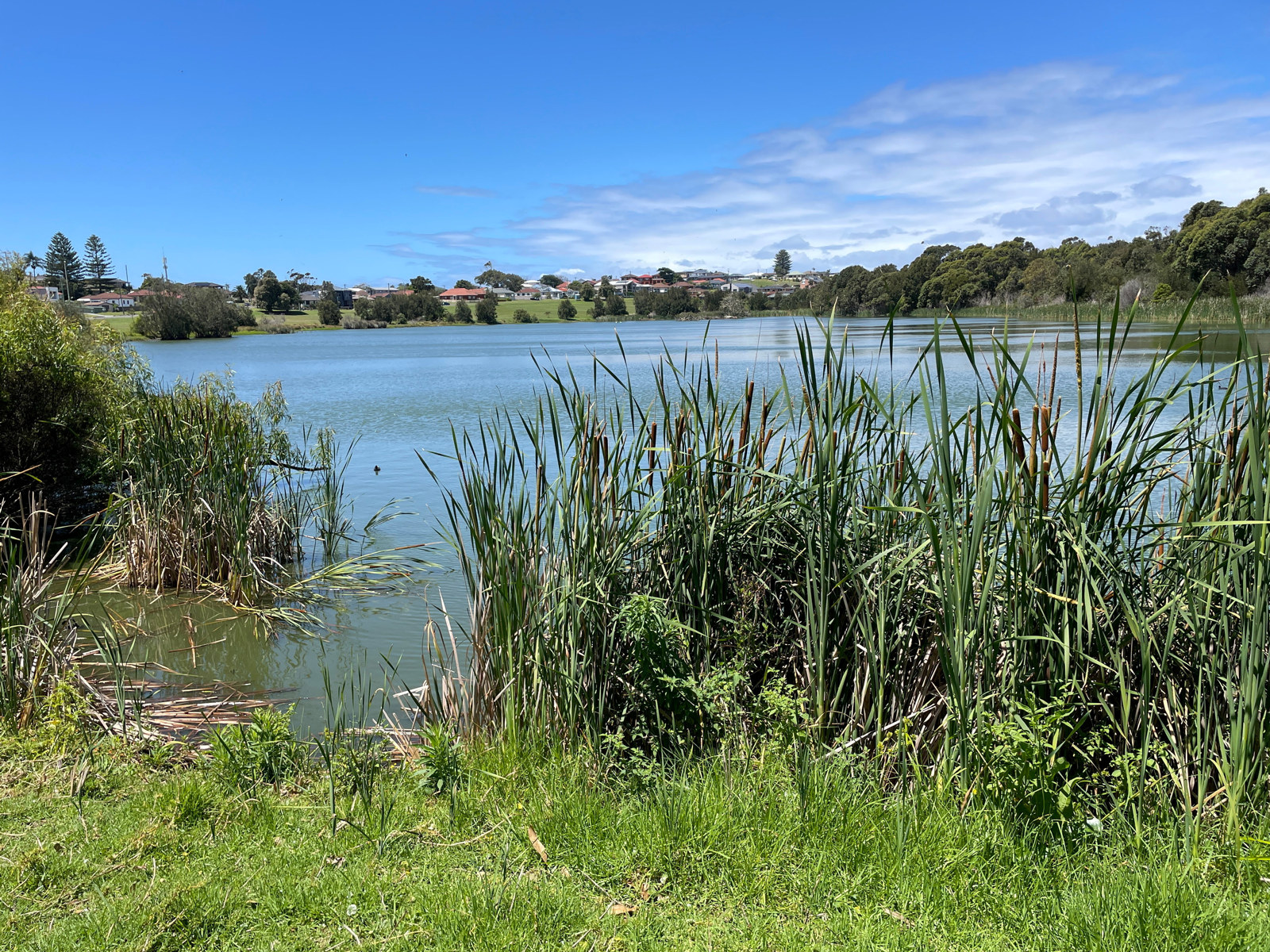
First Nations
Coomaditchie: The Art of Place
The works of the Coomaditchie artists speak of life in and around the settlement of Coomaditchie, its history, ecology and local Dreaming stories
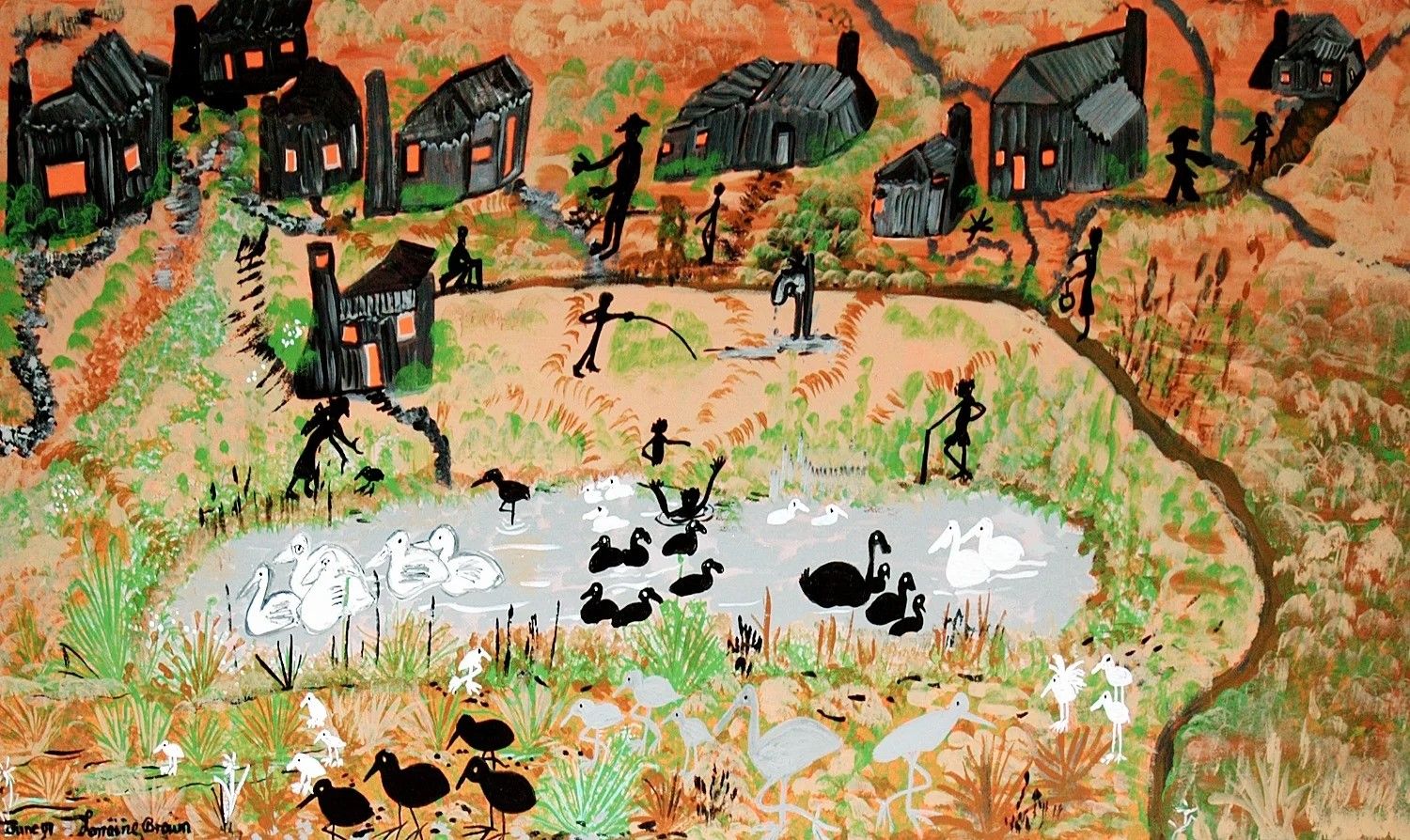
First Nations
Coomaditchie: Of place
These works record the extraordinary arc the artists of Coomaditchie have travelled over more than three decades
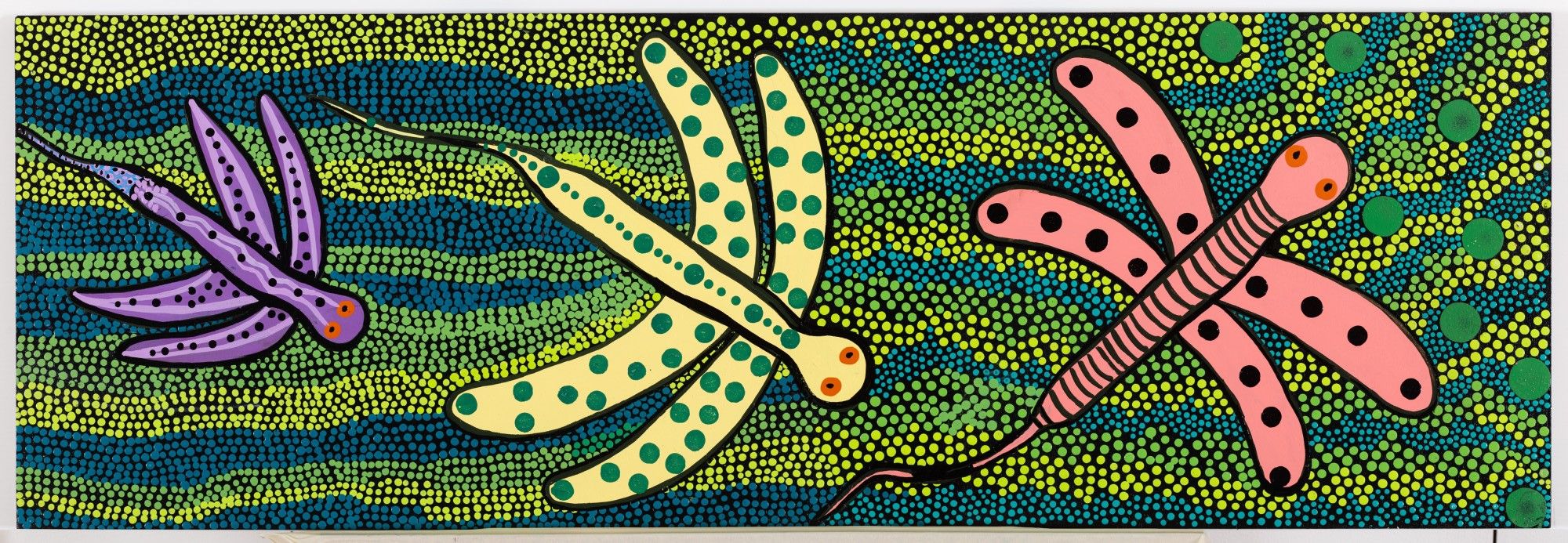
First Nations
Coomaditchie: Lagoon stories
These panels detail the ecological life in and around Coomaditchie Lagoon
Convicts
Browse all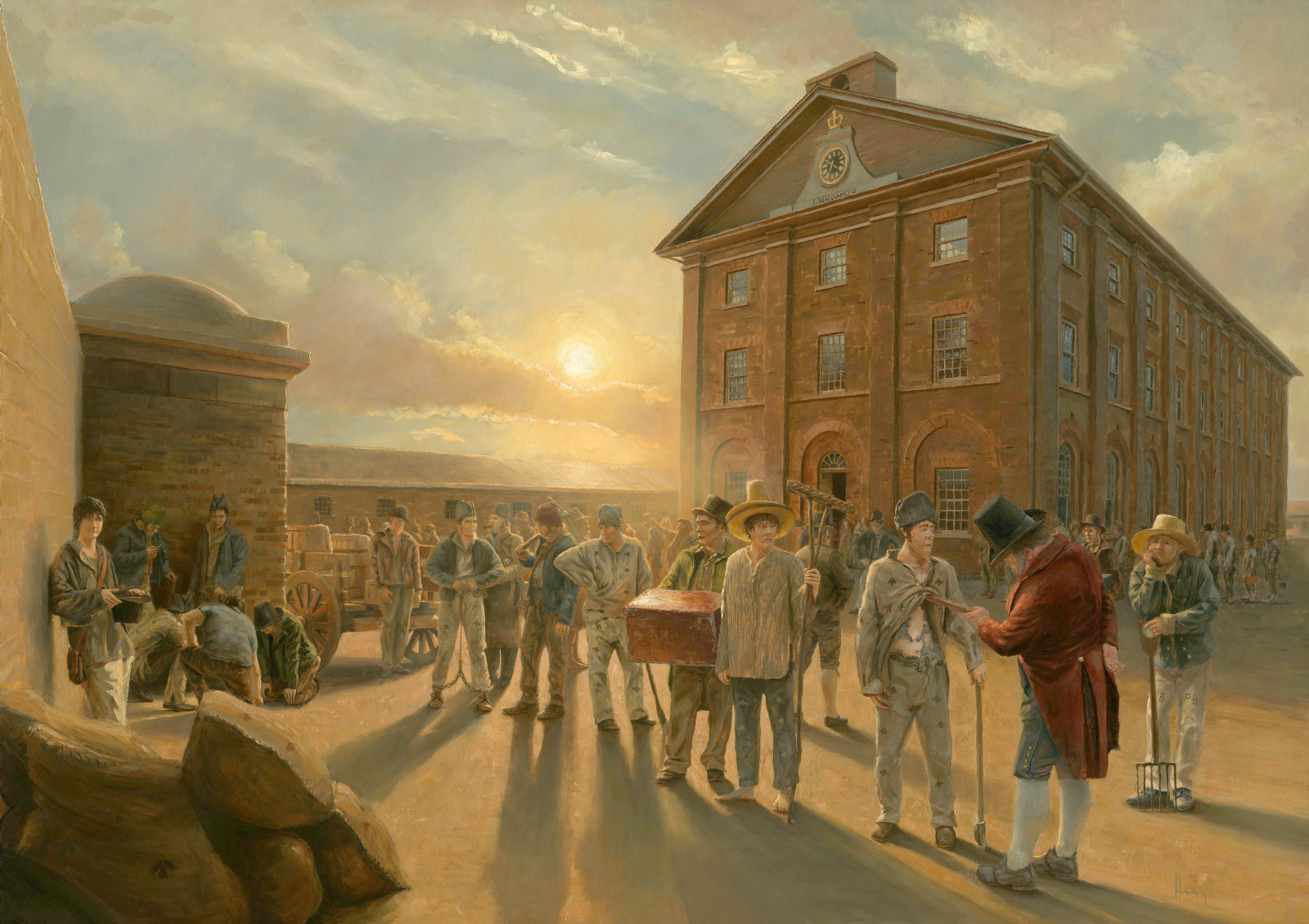
Convict Sydney
Convict Sydney
From a struggling convict encampment to a thriving Pacific seaport, a city takes shape.
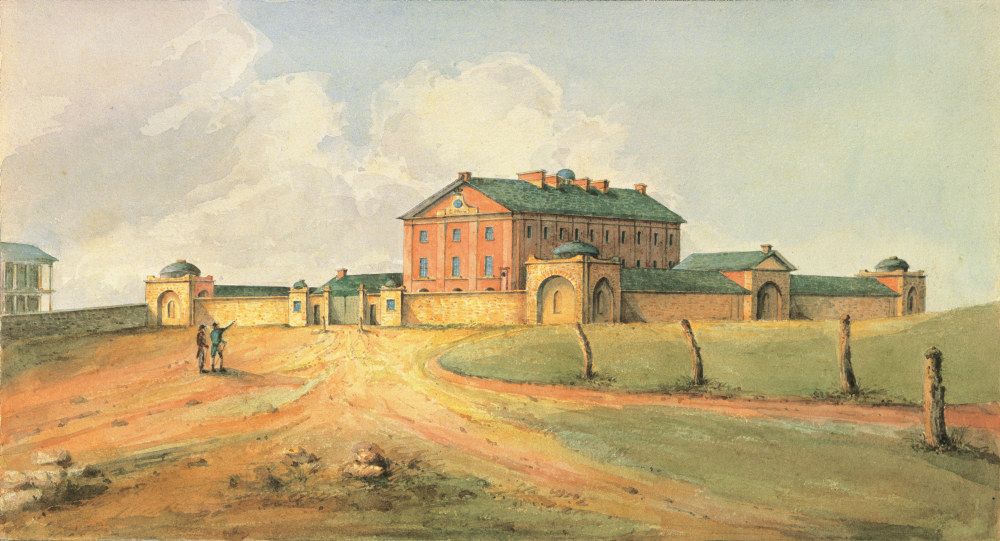
Hyde Park Barracks – the convict years
In 1788, the penal colony of New South Wales was established on the Country of the Gadigal people
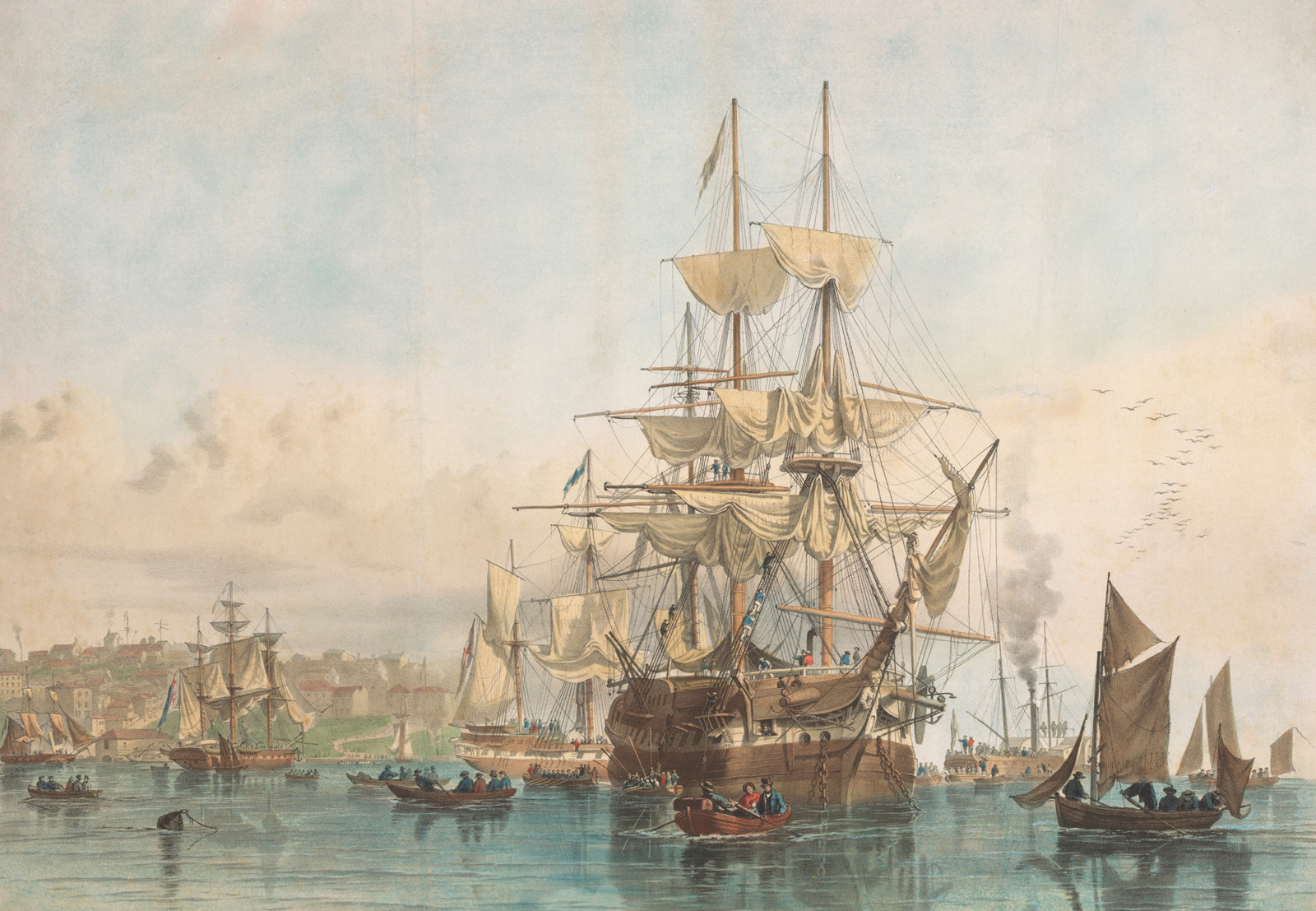
Convict Sydney
The turning tide
Amidst public outcry, the convict ships stop but the ‘stain’ of Sydney’s convict past is harder to erase
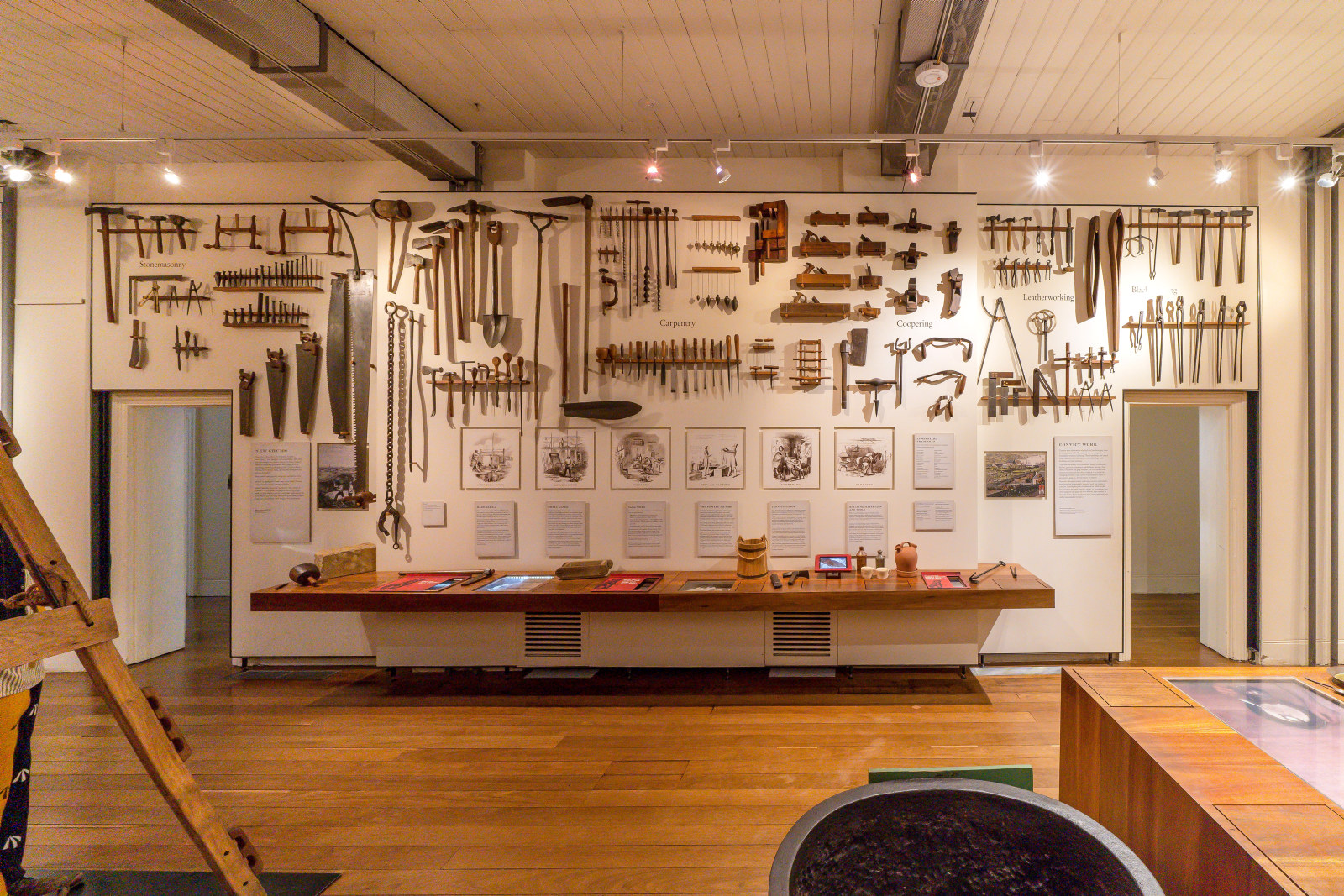
Convict Sydney
Objects
These convict-era objects and archaeological artefacts found at Hyde Park Barracks and The Mint (Rum Hospital) are among the rarest and most personal artefacts to have survived from Australia’s early convict period
Conservation
Browse all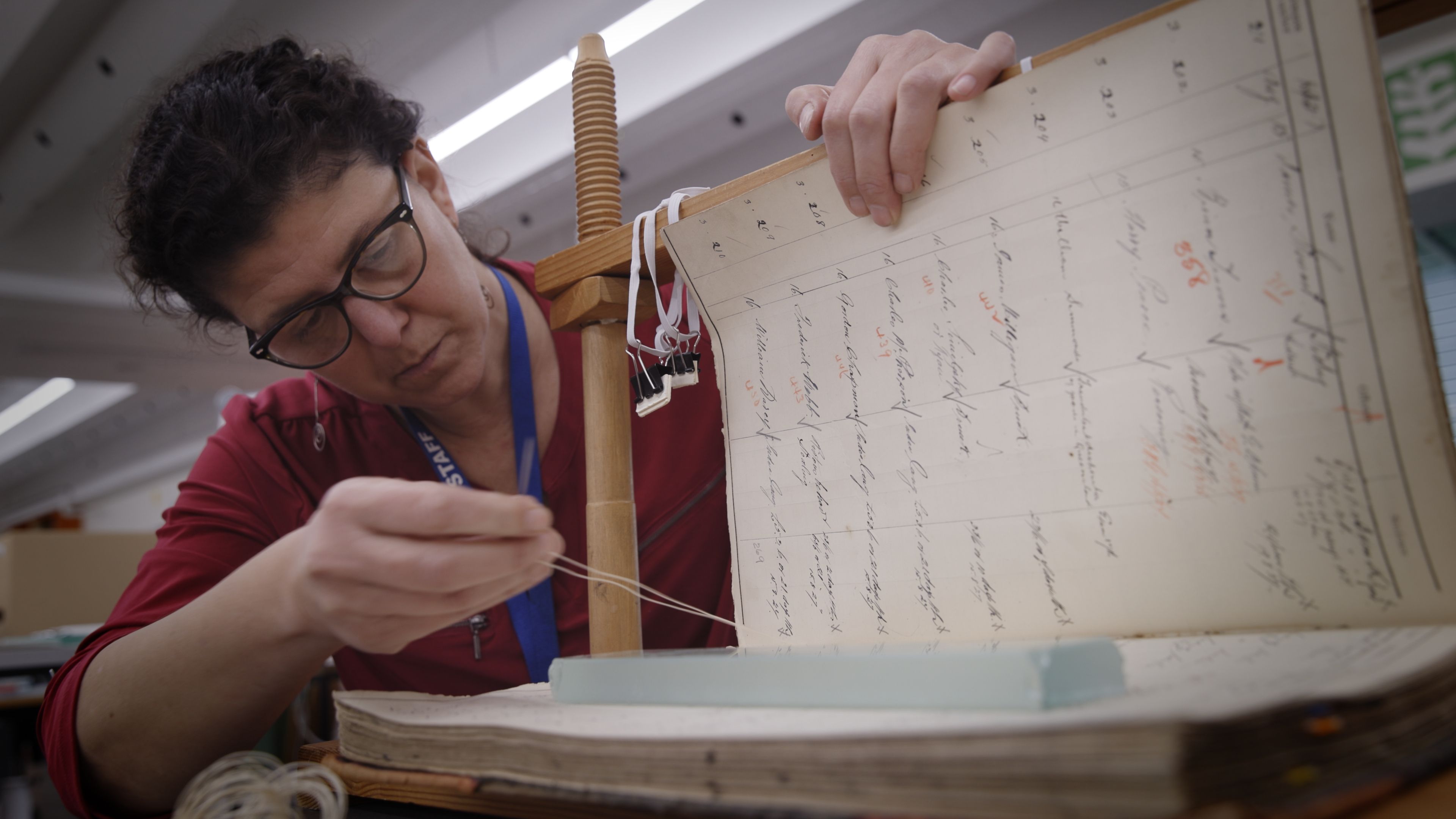
Conserving the archive
Supervising conservator Dominique Moussou talks through her work and some of the projects underway in the MHNSW conservation lab
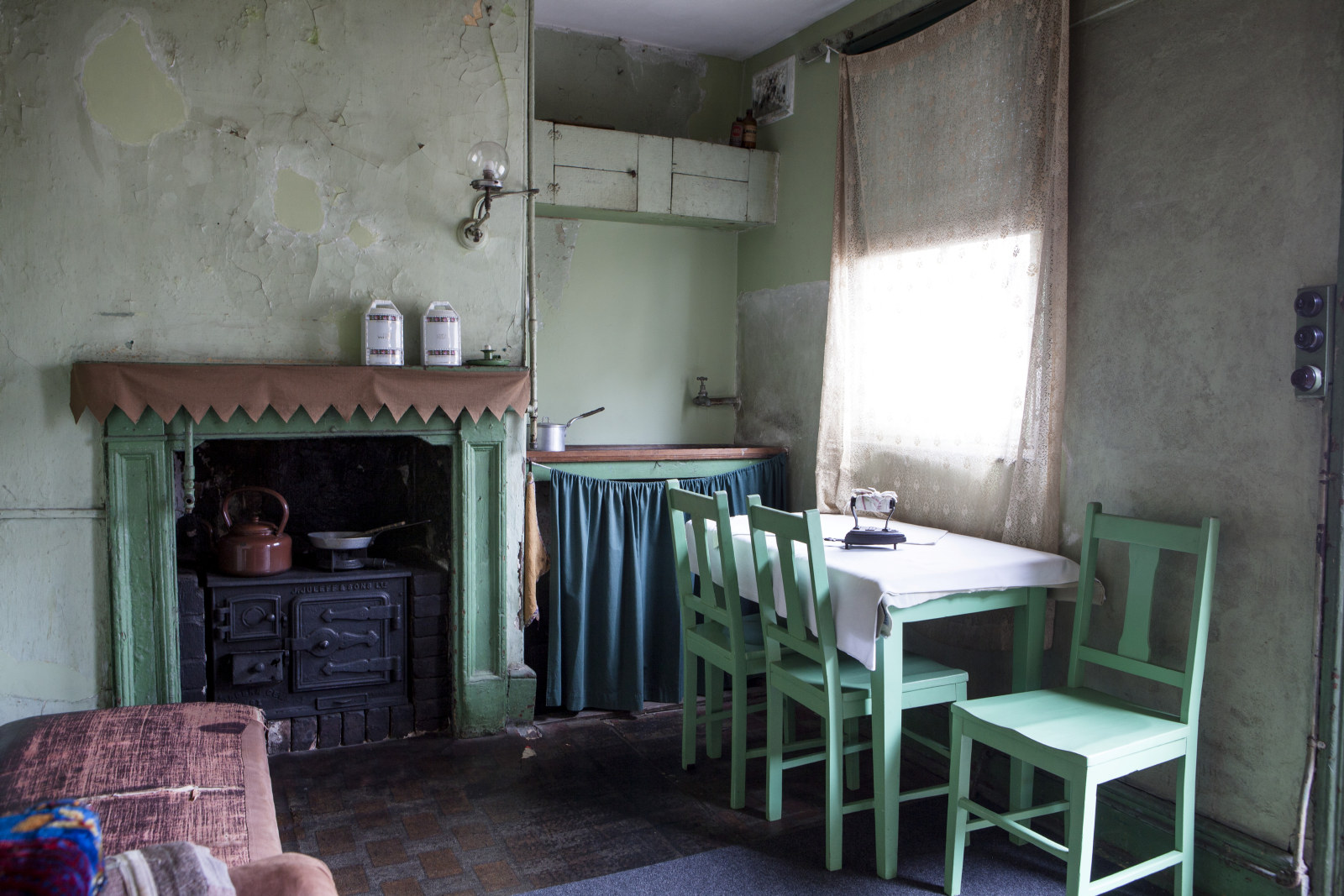
Conservation
Susannah Place conservation project
A behind-the-scenes look at some of the complex work that goes into conserving and preserving the fascinating Susannah Place Museum
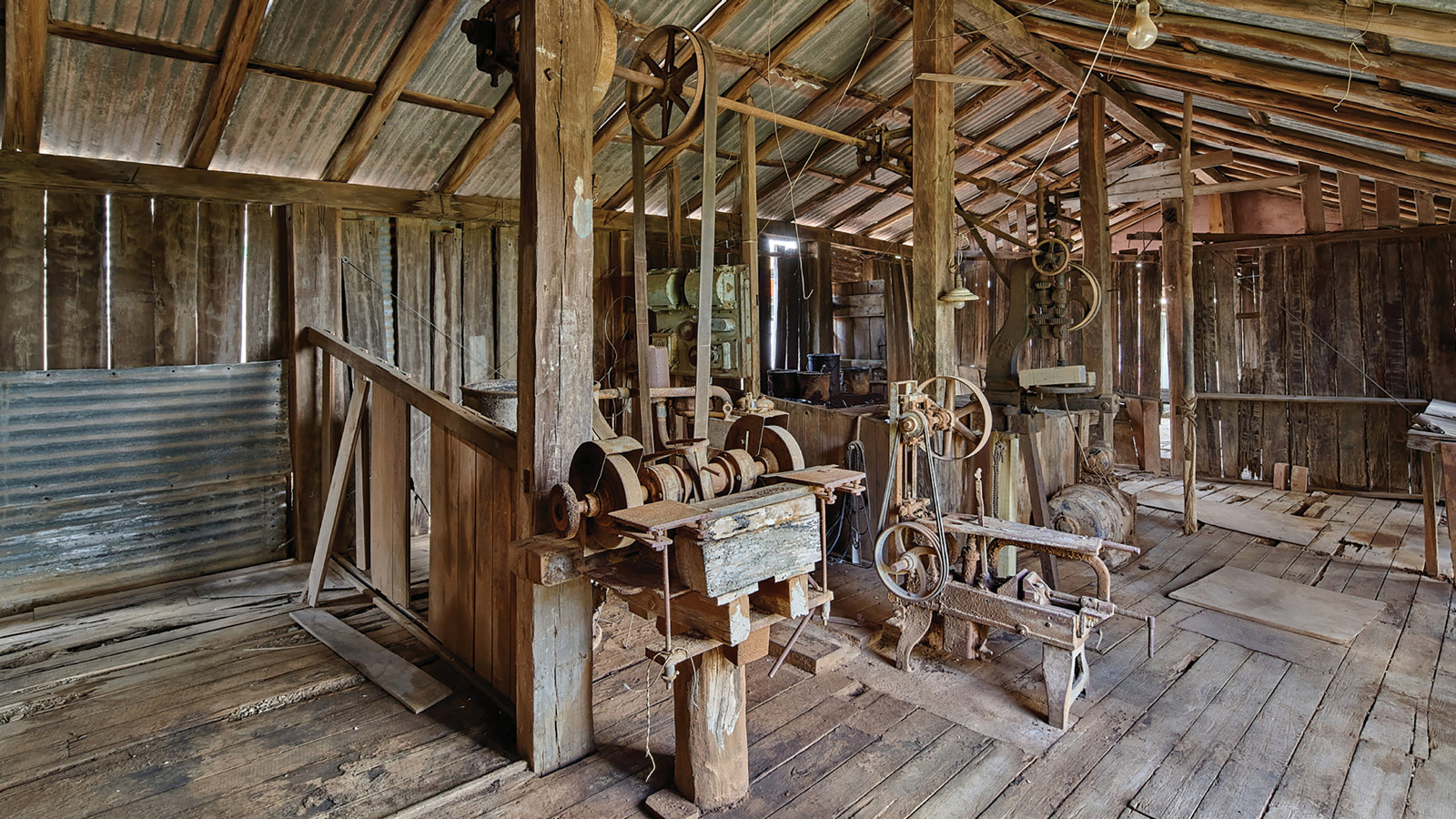
Conservation
A strong and simple structure: conserving the woolshed
The second phase of a major conservation project on the woolshed at Rouse Hill Estate has seen the rustic 160-year-old structure strengthened and stabilised
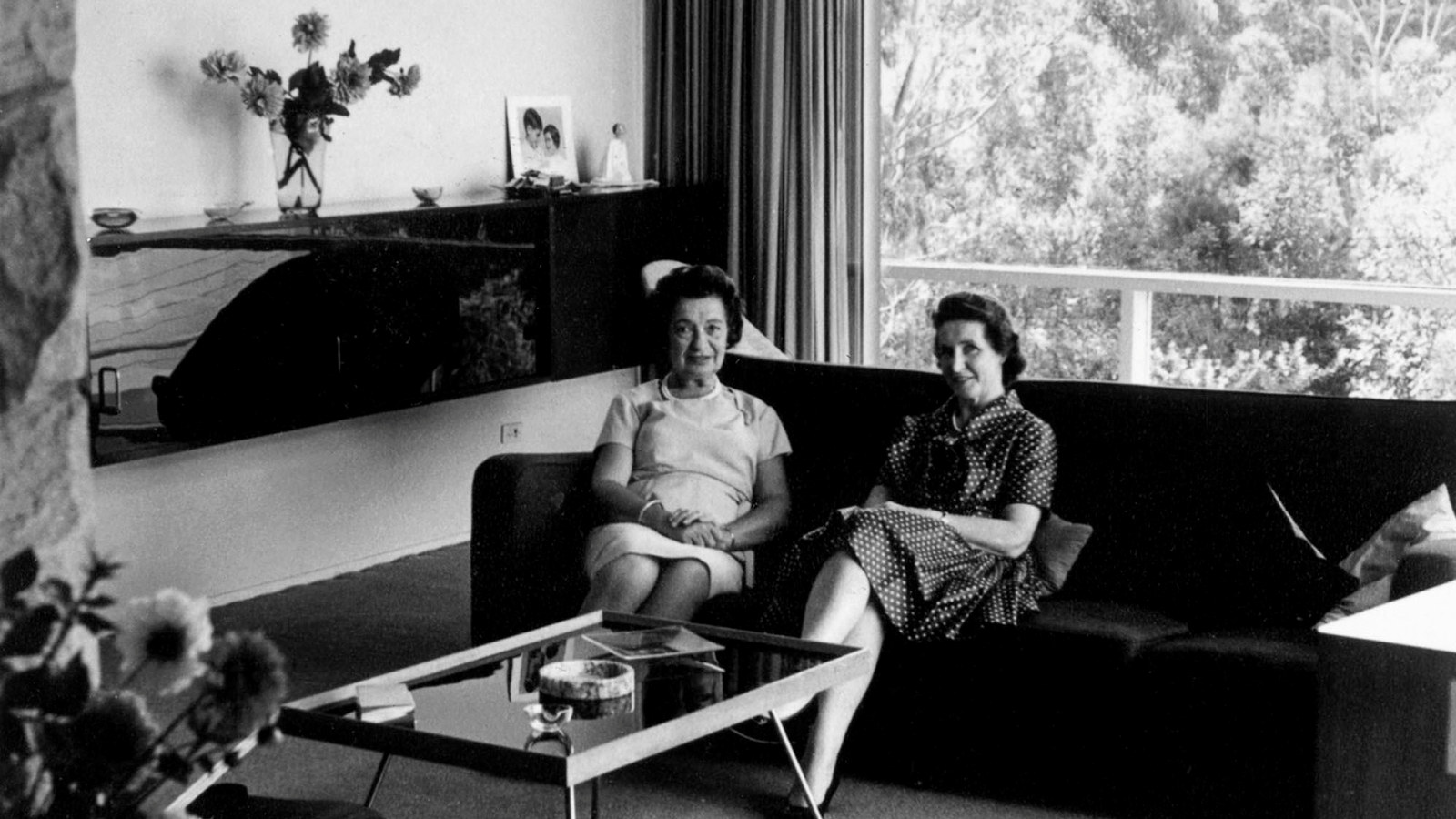
Conserving Harry Seidler’s sofa
A sofa Harry Seidler designed for Rose Seidler House was conserved and reupholstered, and the process revealed some unexpected findings
Stories about our places
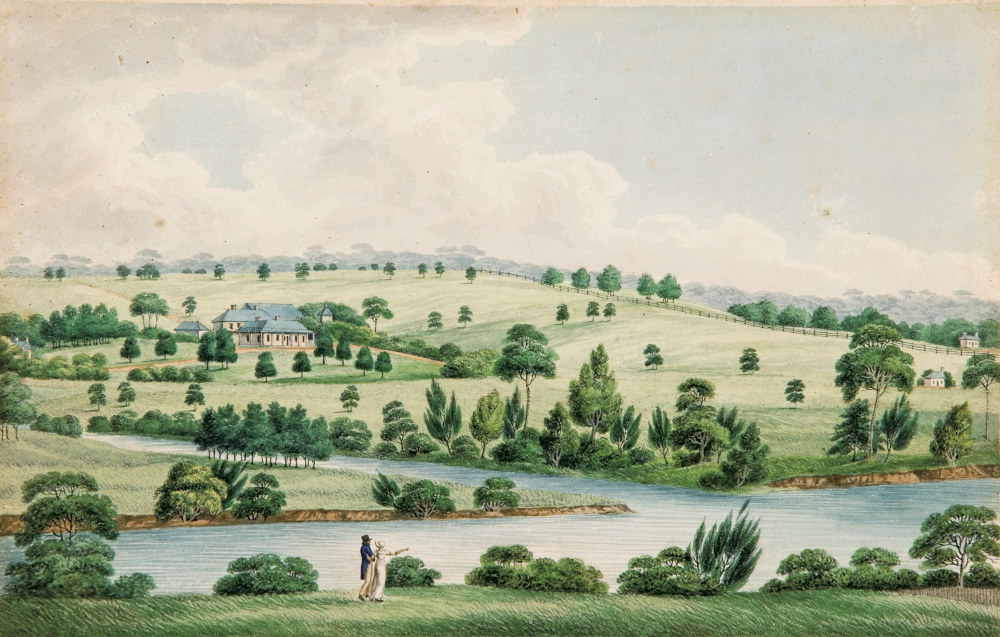
Museum stories
A turbulent past
With its deep, shady verandahs and elegant symmetry, Elizabeth Farm is an iconic early colonial bungalow
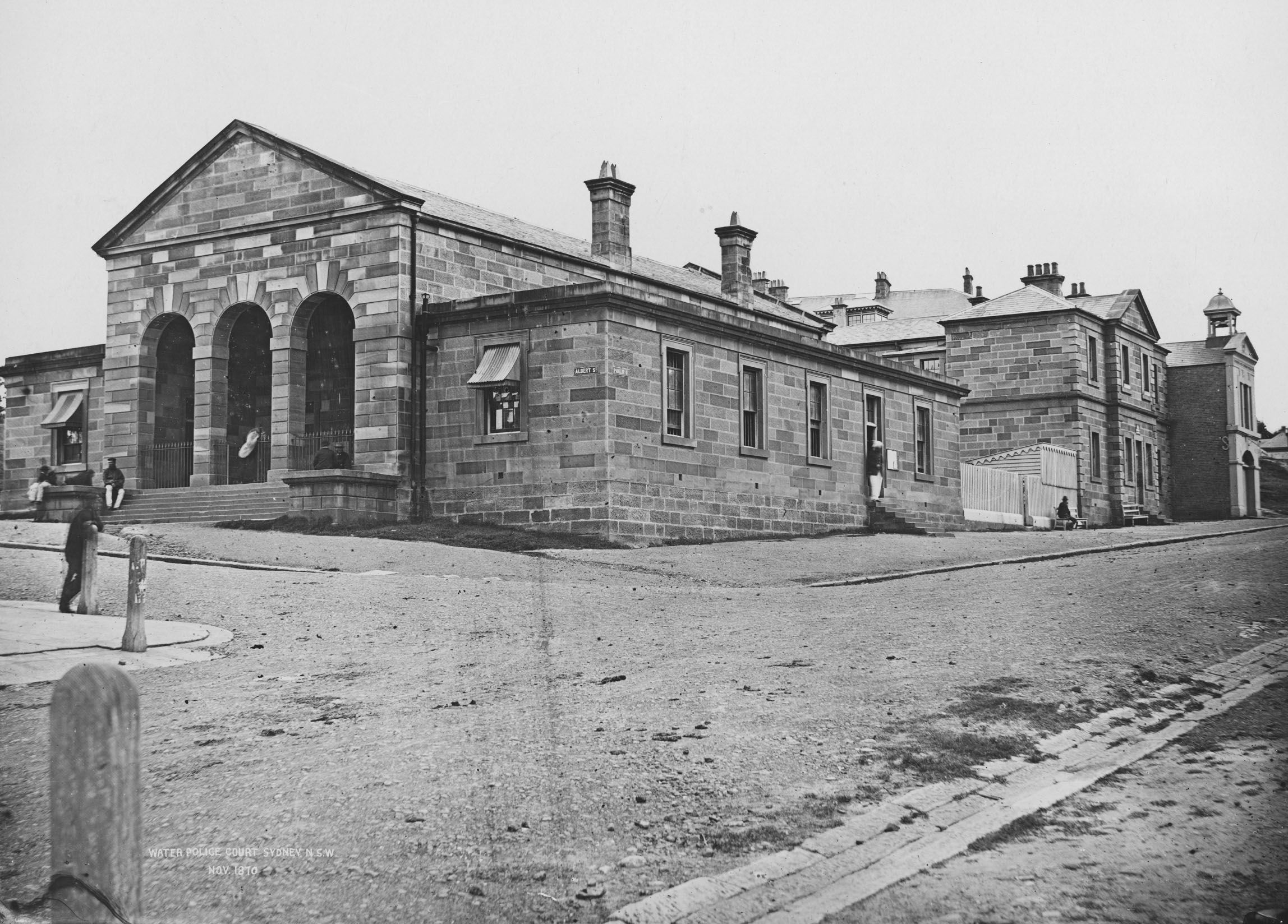
Museum stories
Gritty business
Immerse yourself in Sydney's chilling criminal past in this unique water-front museum of policing, law and disorder – with its grizzly collection of underworld weapons along with tales of mayhem and lawlessness, aptly described as an educational resource befitting a 'professor in crime'
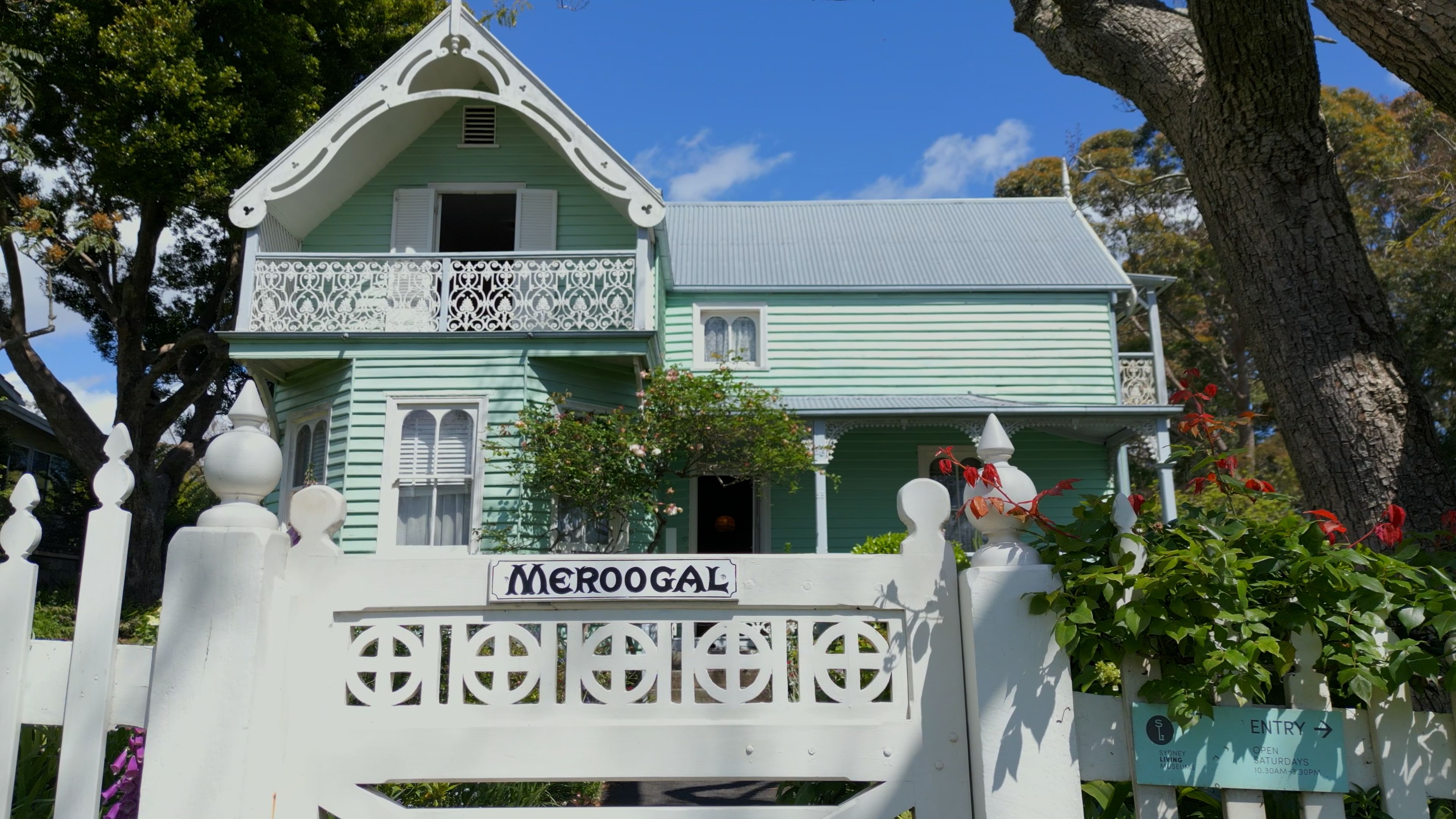
Museum stories
Make yourself at home
Meroogal became home to four generations of resilient and resourceful women, whose house was their livelihood as well as their home
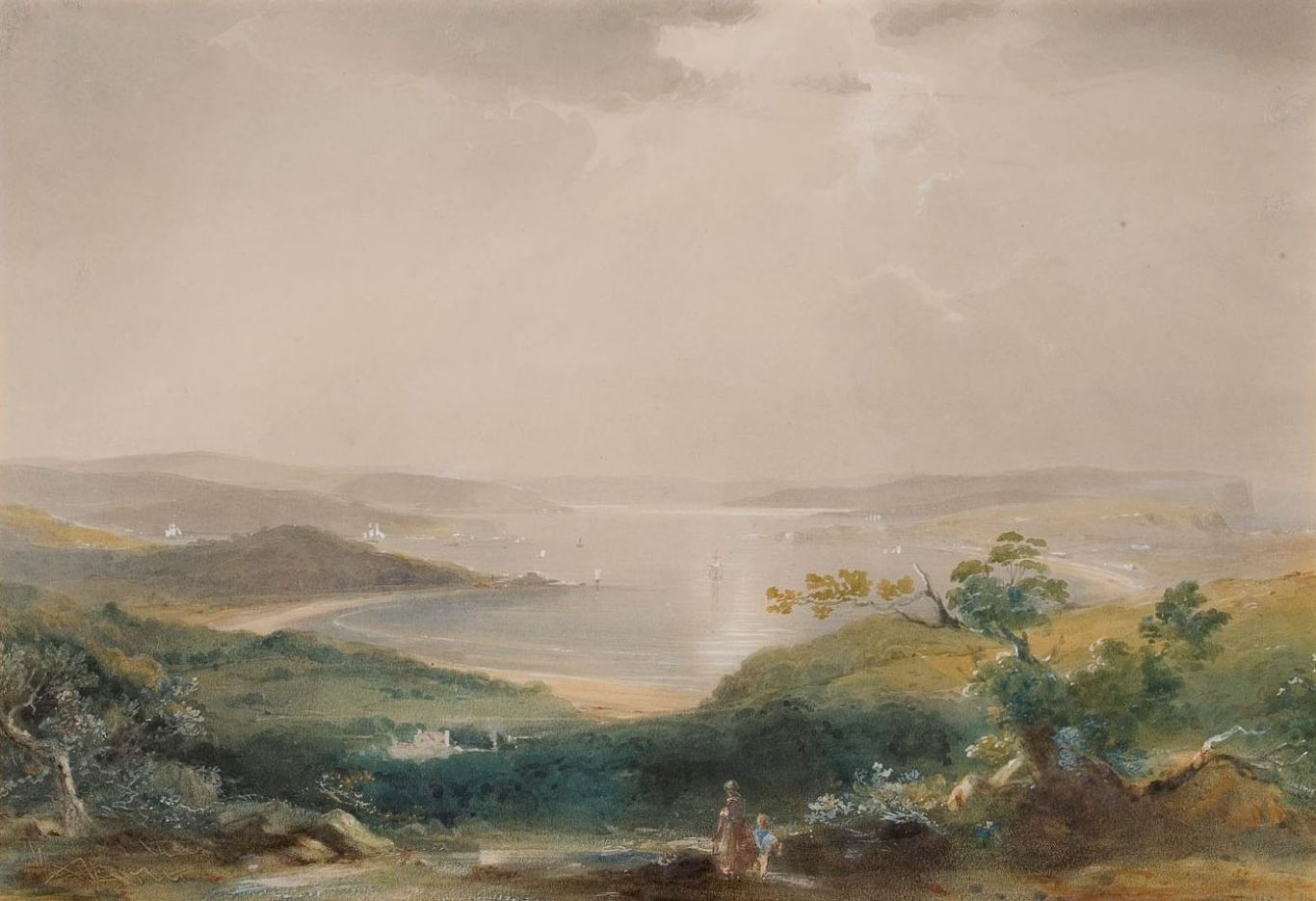
Museum stories
Not a lovelier site
‘There is not a lovelier site in the known world’, wrote the Sydney-born barrister and novelist John Lang about the Wentworth family’s estate of Vaucluse
3D story telling
Browse all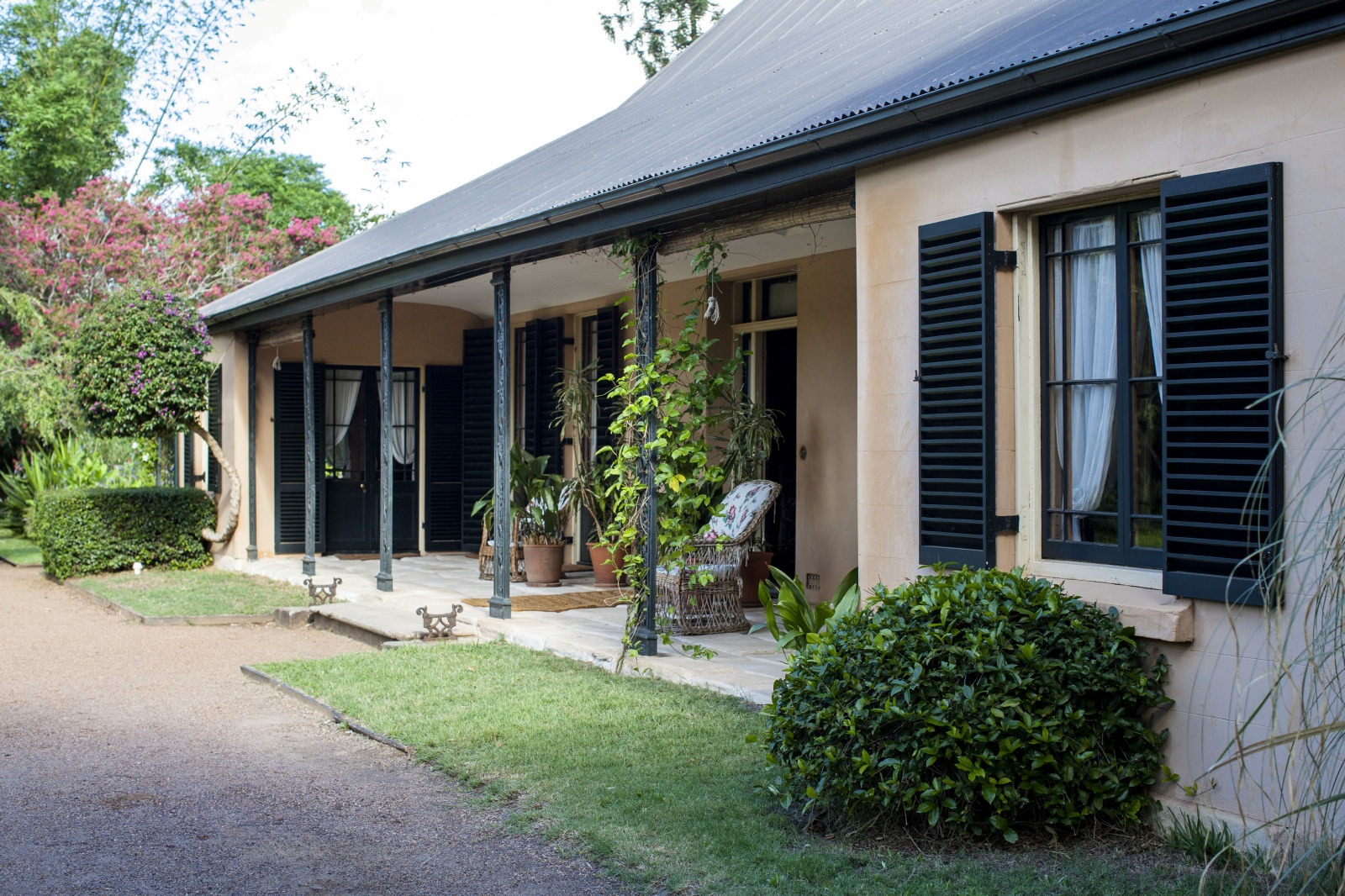
'A most excellent brick house' Elizabeth Farm
Curator Dr Scott Hill explores some of the enduring mysteries buried in the architecture of Australia’s oldest surviving homestead
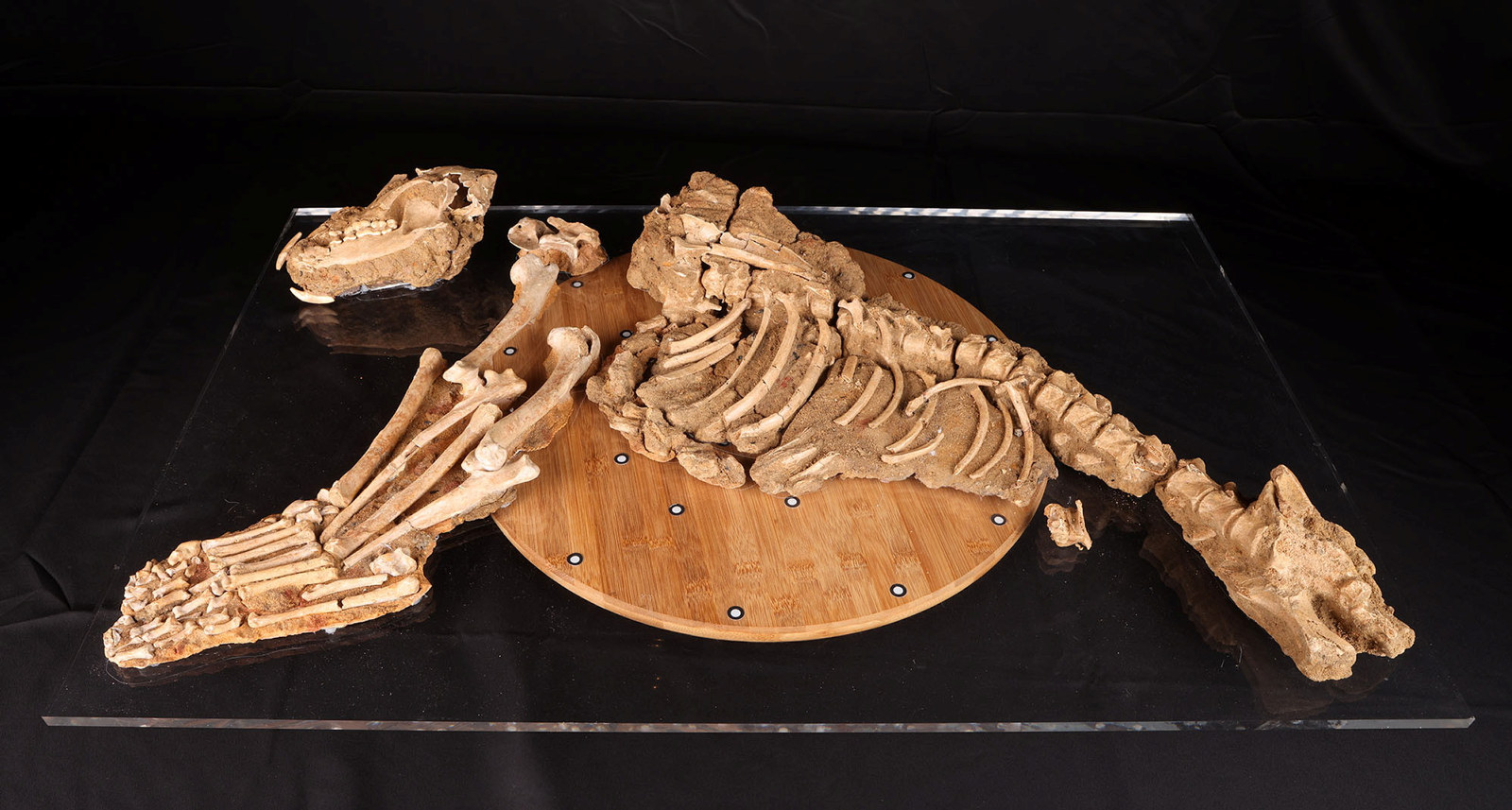
3D scanning the archaeological dog skeleton
A key component of Museum of Sydney’s interpretation is the archaeological remains of First Government House
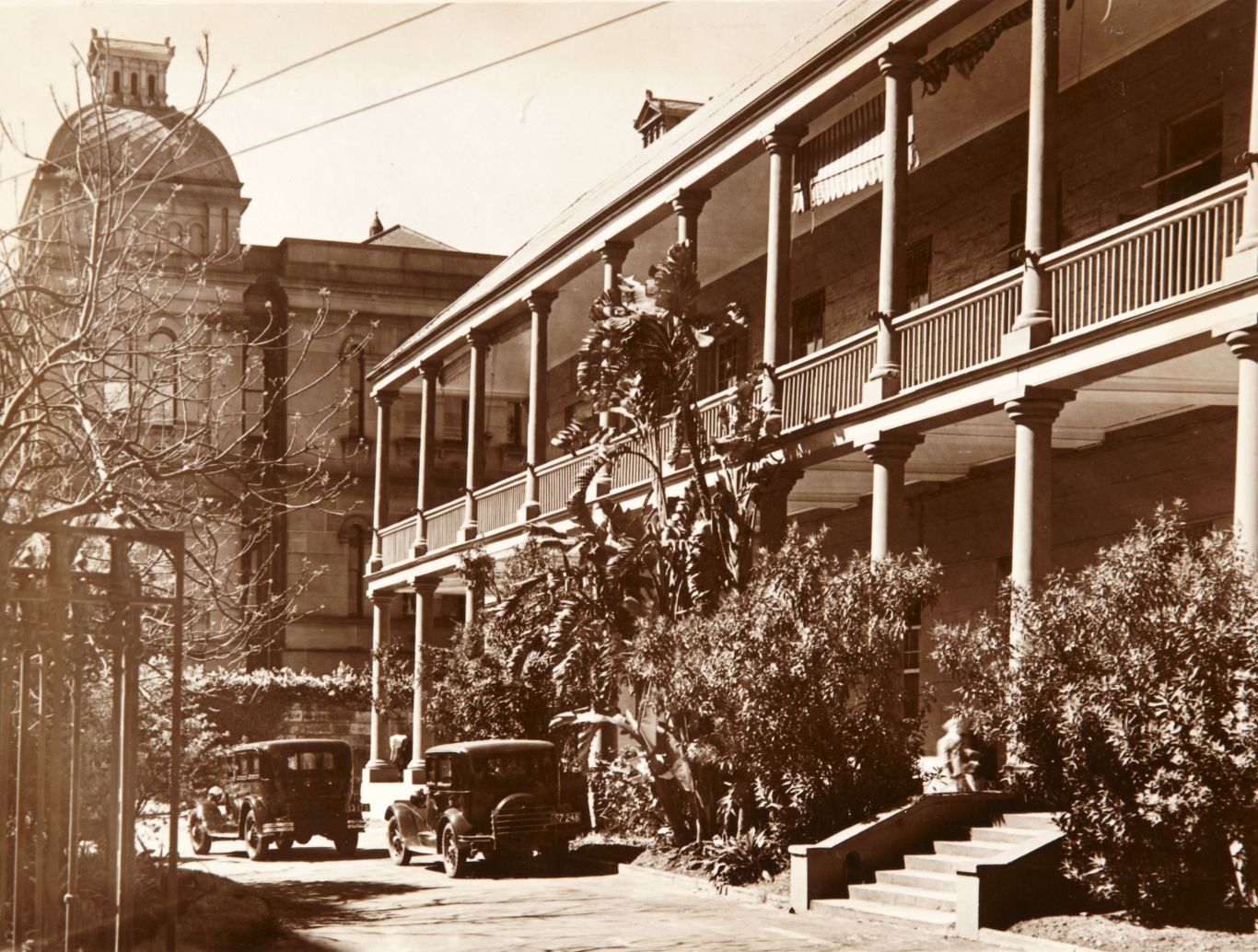
Museum stories
A rum deal
When Lachlan Macquarie began his term as governor of NSW in 1810, Sydney was in desperate need of a new hospital
Plant your history
Browse all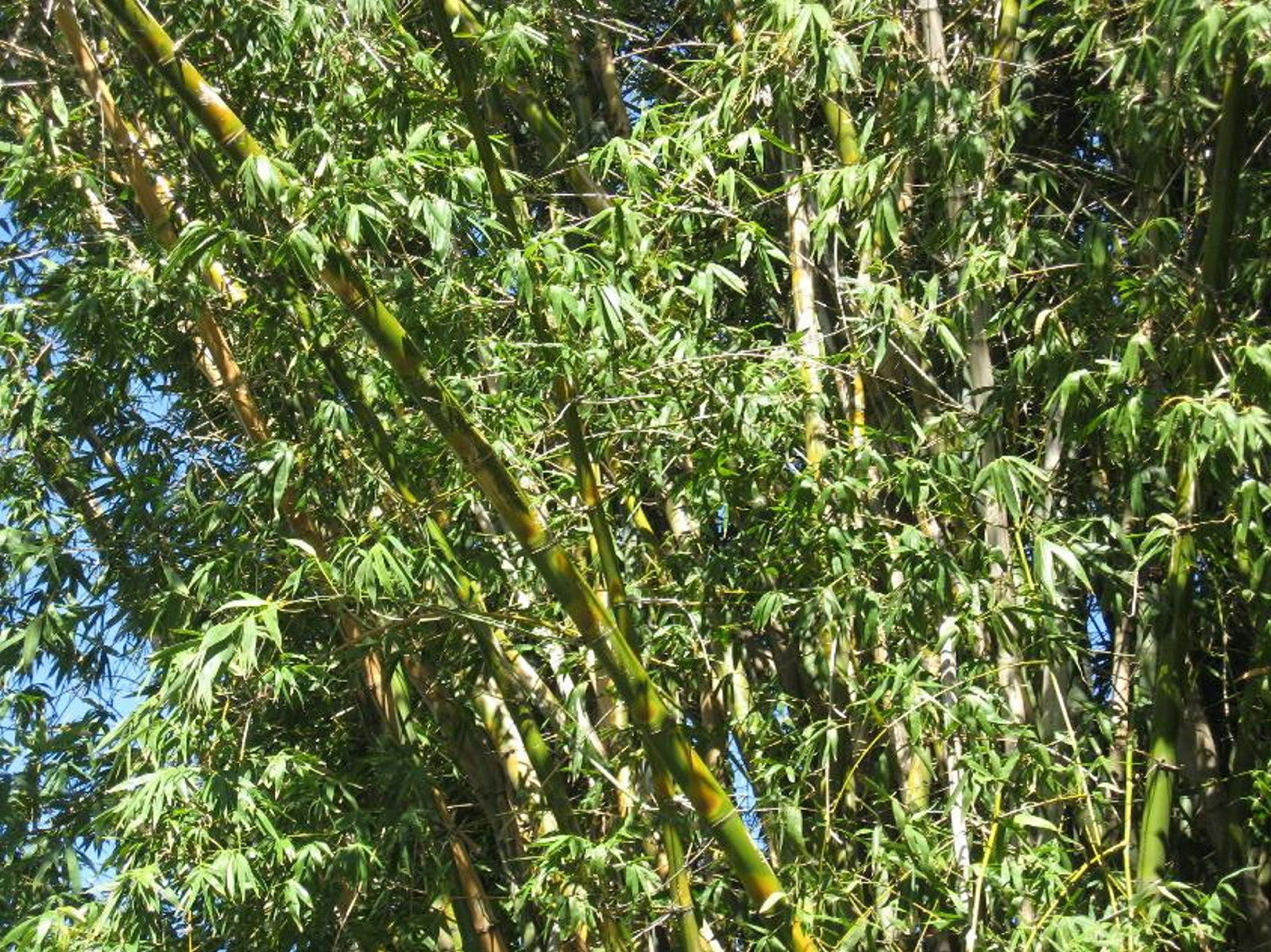
Plant your history
Beautiful bountiful bamboo
One of the most recognisable plants growing at Museums of History NSW today is bamboo. This colourful plant has a long history in colonial gardens
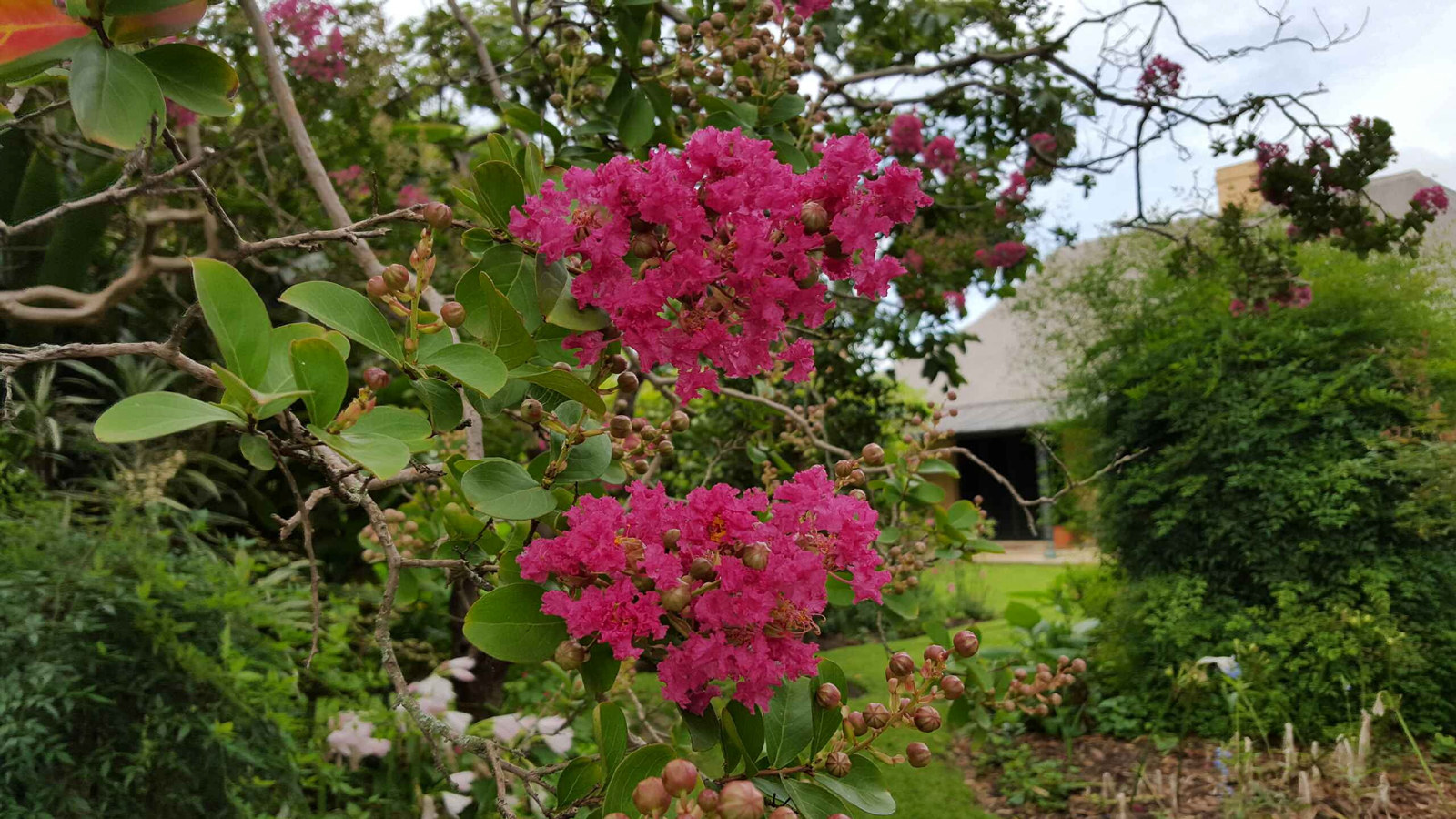
In the pink at Elizabeth Farm
Amid the late summer bounty in the garden at Elizabeth Farm, the crepe myrtle is the undoubted star of the show
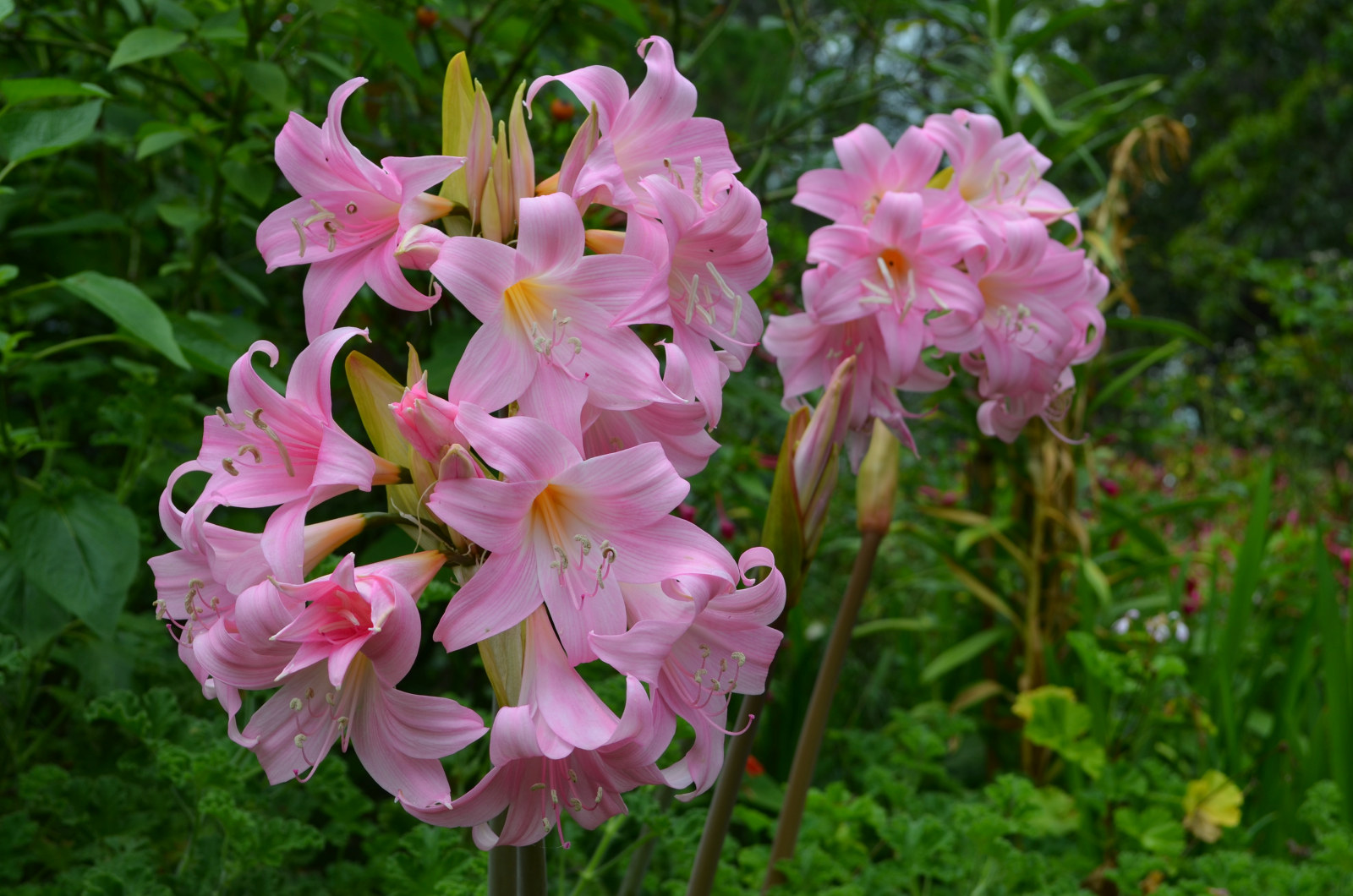
Plant your history
Sumptuous cape bulbs light up late summer gardens
Belladonna Lilies and Crinum Lilies are tough bulbs that never say die and can survive years of neglect

Plant your history
Acanthus - an apt symbol for The Mint
Look at any classical building today, anywhere in the world and chances are you will find an acanthus leaf lurking somewhere
Dodgy, dangerous, disturbing
3D models: a fascinating exploration of some seemingly innocent objects modified for nefarious purposes from the Justice & Police Museum collection
ExploreStay updated
Be the first to find out about our latest news, stories, events and more.
Sign up to eNews